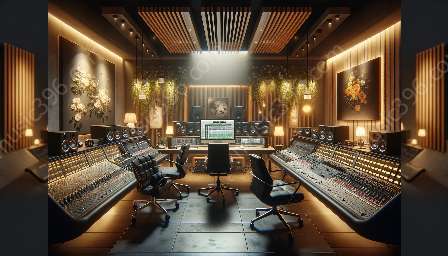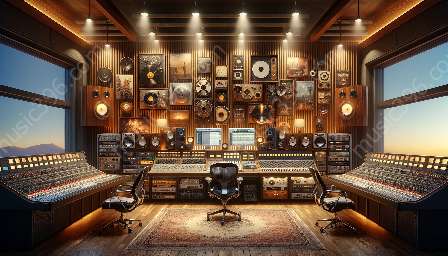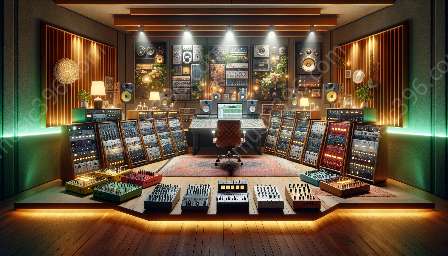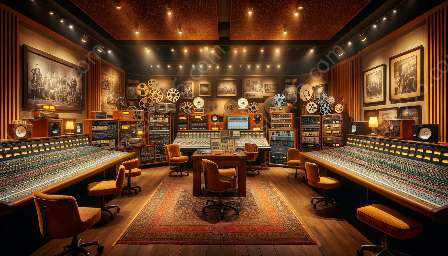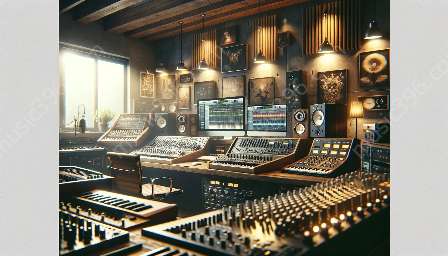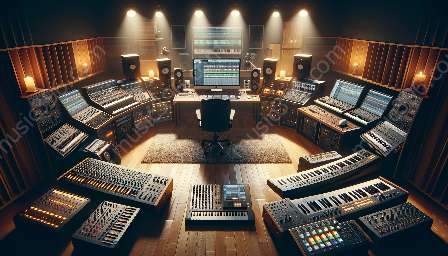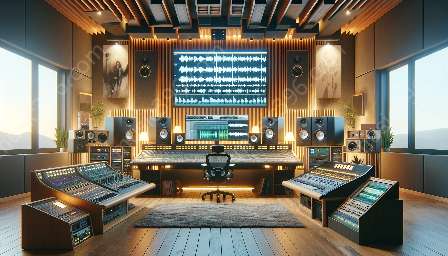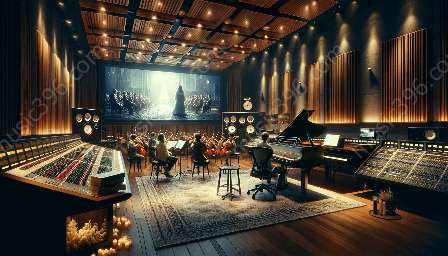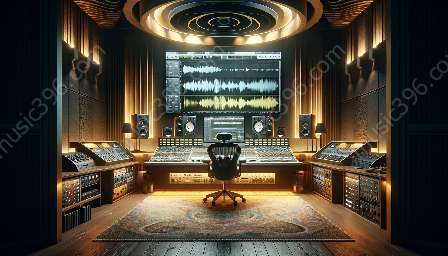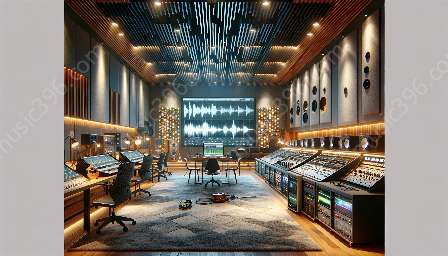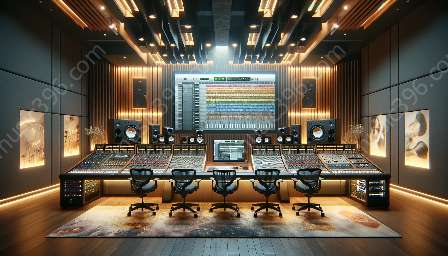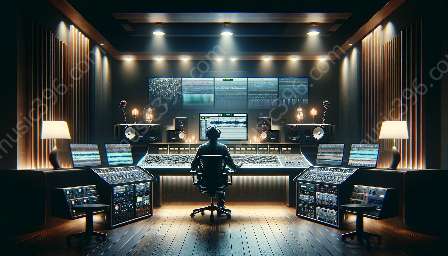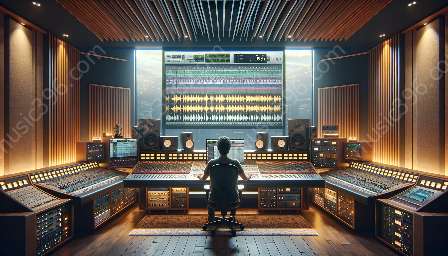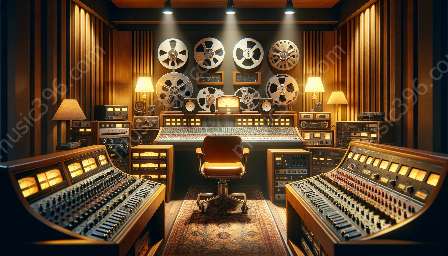Conflict resolution and dispute handling are crucial aspects of studio management and maintenance, especially in the context of music recording. In a studio environment, various conflicts and disputes can arise, ranging from artistic differences and technical issues to interpersonal conflicts among studio personnel.
In this topic cluster, we will delve into the importance of effective conflict resolution and dispute handling in studios, exploring strategies and best practices to address these issues in a way that fosters a harmonious and productive studio environment.
Understanding Conflict Resolution in Studio Settings
Conflict resolution refers to the process of resolving disputes or conflicts between parties in a peaceful and respectful manner. In the context of a music recording studio, conflicts can arise among musicians, producers, sound engineers, and other personnel involved in the recording process.
Effective conflict resolution in studio settings requires a deep understanding of the unique challenges and dynamics at play. It involves the ability to identify sources of conflict, communicate effectively, and facilitate collaborative problem-solving.
Types of Conflicts in Studios
Artistic Differences: Musicians and producers may have varying creative visions, leading to disagreements over musical direction, arrangement, or production techniques.
Technical Issues: Studio equipment malfunctions, sound quality discrepancies, or compatibility issues can give rise to conflicts among technical personnel.
Interpersonal Conflicts: Differences in personality, communication styles, and work habits can lead to interpersonal conflicts between studio personnel, impacting the overall studio environment and workflow.
Effective Conflict Resolution Strategies
Open Communication: Encouraging open dialogue and active listening can help parties involved in a conflict express their concerns and perspectives, paving the way for mutual understanding and resolution.
Mediation: In cases where conflicts escalate, a neutral mediator can facilitate discussions and help parties find common ground, leading to mutually acceptable solutions.
Establishing Clear Protocols: Having predefined protocols for addressing conflicts and disputes can provide a structured approach to conflict resolution, ensuring that issues are dealt with promptly and fairly.
Conflict Prevention: Proactively identifying potential sources of conflict and implementing measures to prevent them can significantly reduce the occurrence of conflicts in the studio environment.
Dispute Handling in Studio Management
Legal Obligations: Studio managers need to be well-versed in legal aspects related to music recording, contracts, licensing, and copyright issues to effectively handle disputes related to intellectual property and contractual obligations.
Client Relations: Managing client expectations and addressing client concerns in a professional and timely manner is crucial for maintaining positive relationships and handling any disputes that may arise during the recording process.
Staff Management: Studio managers are responsible for fostering a positive and collaborative work environment, addressing conflicts among staff members, and ensuring that disputes are handled in a fair and transparent manner.
Integration with Studio Maintenance
Equipment Maintenance: Proper maintenance of studio equipment is essential for preventing technical issues and conflicts related to equipment malfunction during recording sessions.
Facility Management: Maintaining a clean, organized, and functional studio space contributes to a conducive and professional working environment, minimizing potential sources of conflict related to facility issues.
Conflict Resolution and Client Satisfaction
Successfully resolving conflicts and disputes can have a positive impact on client satisfaction. By demonstrating professionalism and effective conflict resolution skills, studio management not only addresses immediate concerns but also builds a reputation for reliability and client-centered service.
Conclusion
In conclusion, conflict resolution and dispute handling are integral components of studio management and maintenance, particularly in the context of music recording. By understanding the types of conflicts that can arise in studios, implementing effective conflict resolution strategies, and integrating dispute handling with studio management, studios can foster a collaborative and harmonious environment conducive to creativity and productivity.



